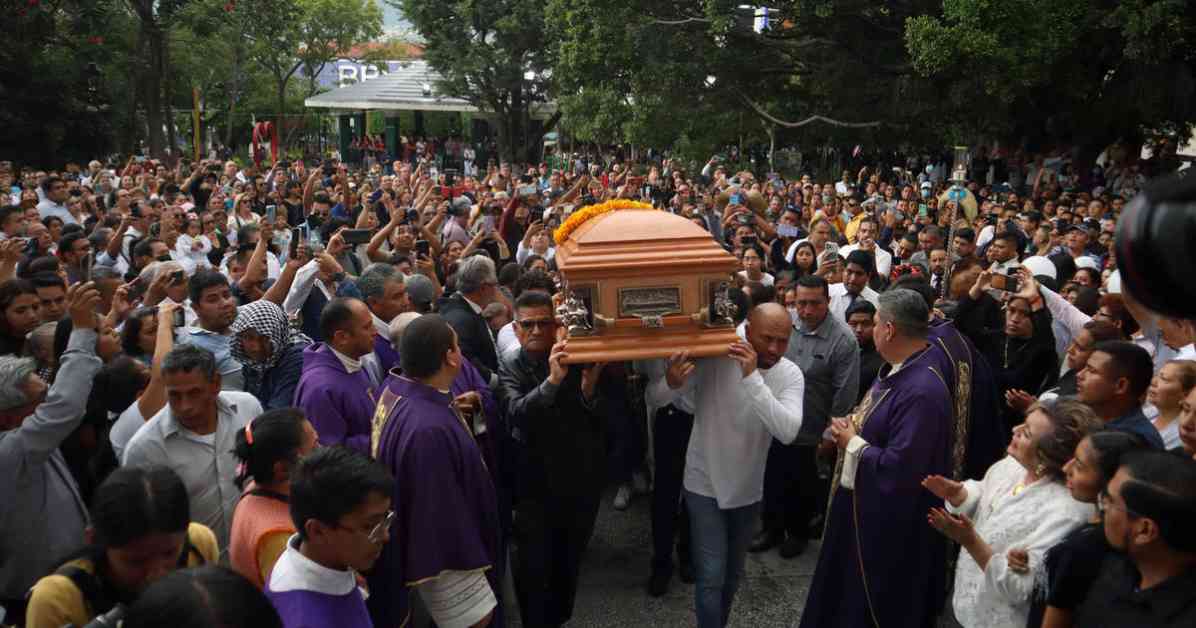Four mayors in Mexico have reached out to federal authorities for protection after a fellow mayor, Alejandro Arcos, was tragically beheaded in Guerrero last week. Mayor Arcos had only been in office for less than a week before his life was taken. The Federal Public Safety Secretary, Omar Garcia Harfuch, confirmed that the mayors from Guerrero and Guanajuato sought protection following this horrific incident.
The region of Guanajuato has been experiencing severe violence, with four mayoral candidates being killed prior to the June elections. Mayor Arcos had expressed concerns about his safety to local media, although no formal request for additional protection had been made. Both state and federal governments can provide mayors with resources such as bulletproof vehicles, extra bodyguards, and emergency alert systems.
This tragic event comes shortly after the killing of another city official, Francisco Tapia. Alejandro Moreno, the president of the Institutional Revolutionary Party, mourned the loss of these young and dedicated officials who were committed to serving their communities. The city where Mayor Arcos served, Chilpancingo, is known for being a battleground for two rival drug gangs, the Ardillos and the Tlacos.
Gangs and drug cartels in Mexico often target local officials to advance their criminal agendas, such as extortion, securing government contracts, and influencing police appointments. The recent wave of violence leading up to the June elections in Mexico claimed the lives of at least 24 politicians, including three in Guerrero alone. The ongoing violence underscores the challenges faced by public officials in Mexico as they work to address the complex issues of organized crime and corruption.
In response to these escalating security concerns, Mexico’s newly elected president, Claudia Sheinbaum, has presented a national security plan focused on addressing the root causes of crime and improving intelligence capabilities. President Sheinbaum emphasized that her administration would not resort to a “war on drugs” approach, pointing to the failures and human rights abuses associated with past militarized efforts.
President Sheinbaum’s strategy centers on prevention, addressing social factors that contribute to crime, and enhancing law enforcement presence in communities. She emphasized the importance of intelligence-led interventions over heavy-handed military tactics, aligning with the “hugs not bullets” approach of her predecessor, Andres Manuel Lopez Obrador. Despite criticism of the militarization of law enforcement under the National Guard, Sheinbaum’s government aims to strengthen local and state police forces to better serve communities.
As Mexico grapples with ongoing violence and insecurity, President Sheinbaum’s commitment to a holistic approach to public safety offers a new direction in addressing the complex challenges posed by organized crime and corruption. The protection of elected officials, such as mayors, remains a critical issue that requires collective efforts from federal, state, and local authorities to ensure the safety and security of those serving their communities.























